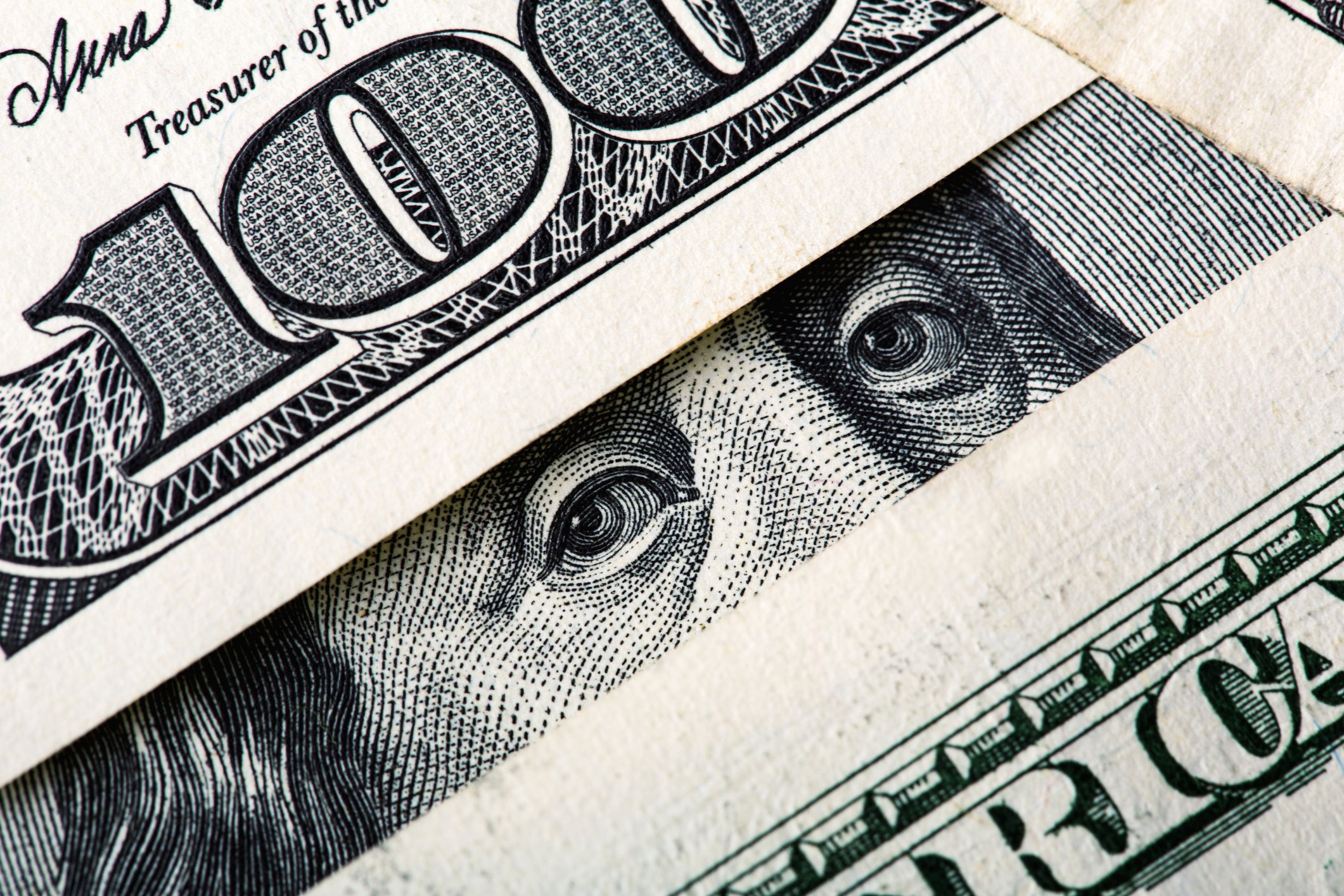Right now, cannabis projects as one of the fastest-growing industries on the planet over the next decade. Growing a plant may not seem all that lucrative, but when billions of dollars of a product being sold globally in the black market begins to shift toward legal channels, the sky becomes the limit.
Yet, despite various estimates calling for robust growth, marijuana stocks have been nothing short of a disappointment over the past six-plus months. Canadian pot stocks have been especially brutal, with most companies seeing 50% or more of their valuations wiped away.

Image source: Getty Images.
Canada's persistent cannabis supply issues encourage an entrenched black market
How does the most exciting investment story of the decade suddenly face-plant? The answer lies with a number of factors.
In Canada, the first industrialized country in the world to have legalized recreational marijuana, supply has been a problem since day one of adult-use sales on Oct. 17, 2018. Aside from the fact that marijuana growers waited far too long to complete their cultivation farms, the bulk of the supply dilemma rests with Health Canada and provincial regulators.
You see, Health Canada entered the year with more than 800 cultivation, processing, and sales license applications on its desk for review. These applications often take many months, to perhaps more than a year, to review. The end result is fewer marijuana stocks getting the go-ahead to grow, process, and sell cannabis. When compounded with the fact that certain provinces have been slow to approve licenses for physical dispensaries, it's given consumers fewer-than-expected means to purchase legal cannabis.
Furthermore, Quebec-based grower HEXO (HEXO +0.00%) shed light last week that other issues are cropping up (pardon the pun). HEXO wound up blaming the later-than-expected rollout of marijuana derivatives, which became officially legal as of yesterday (Oct. 17), and falling per-gram cannabis selling prices in the adult-use market, for its considerably weaker than anticipated sales growth in the fiscal fourth quarter.
And as legal weed sales have been stymied in our neighbor to the north, black market marijuana has thrived. Not only are illicit producers avoiding the 10% excise tax applied to legal-channel cannabis in Canada, but they don't have to deal with testing, licensing, or any other regulatory headaches that have plagued the legal industry. This is what led analysts at Scotiabank to forecast that 71% of all marijuana sold in Canada in 2019 would be of the illicit variety.

Image source: Getty Images.
HEXO decides to take on the black market in its home province
Without proper enforcement, it's impossible to drive out black market cannabis. Prime Minister Justin Trudeau believed that setting the country's excise tax at only 10% on marijuana would create a compelling enough price point that would encourage consumers to purchase legal pot. But between supply issues and few open retail stores, many cannabis users are still choosing the black market.
According to the newest "National Cannabis Survey" from Statistics Canada, nearly half of all marijuana buyers in our neighbor to the north have purchased weed from an illegal source -- and price was the biggest factor in driving consumers to make this decision. That, according to HEXO, is a dangerous proposition, especially with the possibility that illicit weed could contain pesticides, heavy metals, or other potential contaminants.
This past Wednesday, on Oct. 16, HEXO announced that it was introducing a new value brand, known as Original Stash, to its home province of Quebec. This value brand has two purposes:
- It'll directly take on black market producers from the perspective of price. One ounce of Original Stash will sell for 125.70 Canadian dollars, including taxes, or the equivalent of CA$4.49 a gram. For context, the average price per gram for marijuana back in April 2019 was CA$9.99 in regulated stores, and about CA$6.40 on the black market, according to self-reported data from Statistics Canada.
- It'll aim to educate consumers about the added safety involved with legal-channel marijuana. With some black market producers going to great lengths to conceal that their product is illegal, HEXO will use its Original Stash brand to entice consumers to stick with legally grown marijuana.
Initially targeted at Quebec, HEXO plans to offer its Original Stash line nationally in the future.

Image source: Getty Images.
There's a key ingredient missing with HEXO's game-changing announcement
However, there was also something blatantly obvious missing from HEXO's announcement. Namely, what type of production cost and operating margin can be expected from Original Stash?
It's possible that HEXO could see the volume of cannabis that it sells increase substantially in the months that lie ahead as a result of this move. But the quality of those sales should very much be called into question. It was always considered something of an inevitability that legalized weed prices would decline over time as supply and commoditization hit the industry. But with supply shortages still rampant, and expected to remain this way for the foreseeable future, the start to price wars with the black market this early in the game is a real surprise. Unfortunately, it could kill any hope of HEXO bolstering its margins or becoming profitable anytime soon.
Quebec is also one of the aforementioned provinces that have been particularly slow to open physical dispensaries. Even if HEXO is able to offer a product that can compete well with black market cannabis, there's no guarantee that it'll find enough buyers to make this venture worthwhile. Remember, a lower price per gram means HEXO is going to need to sell more to make up for (presumed) lower margins.
Personally, I don't blame HEXO or its management for taking on the black market. But I'm not convinced it's going to produce the desired results.






